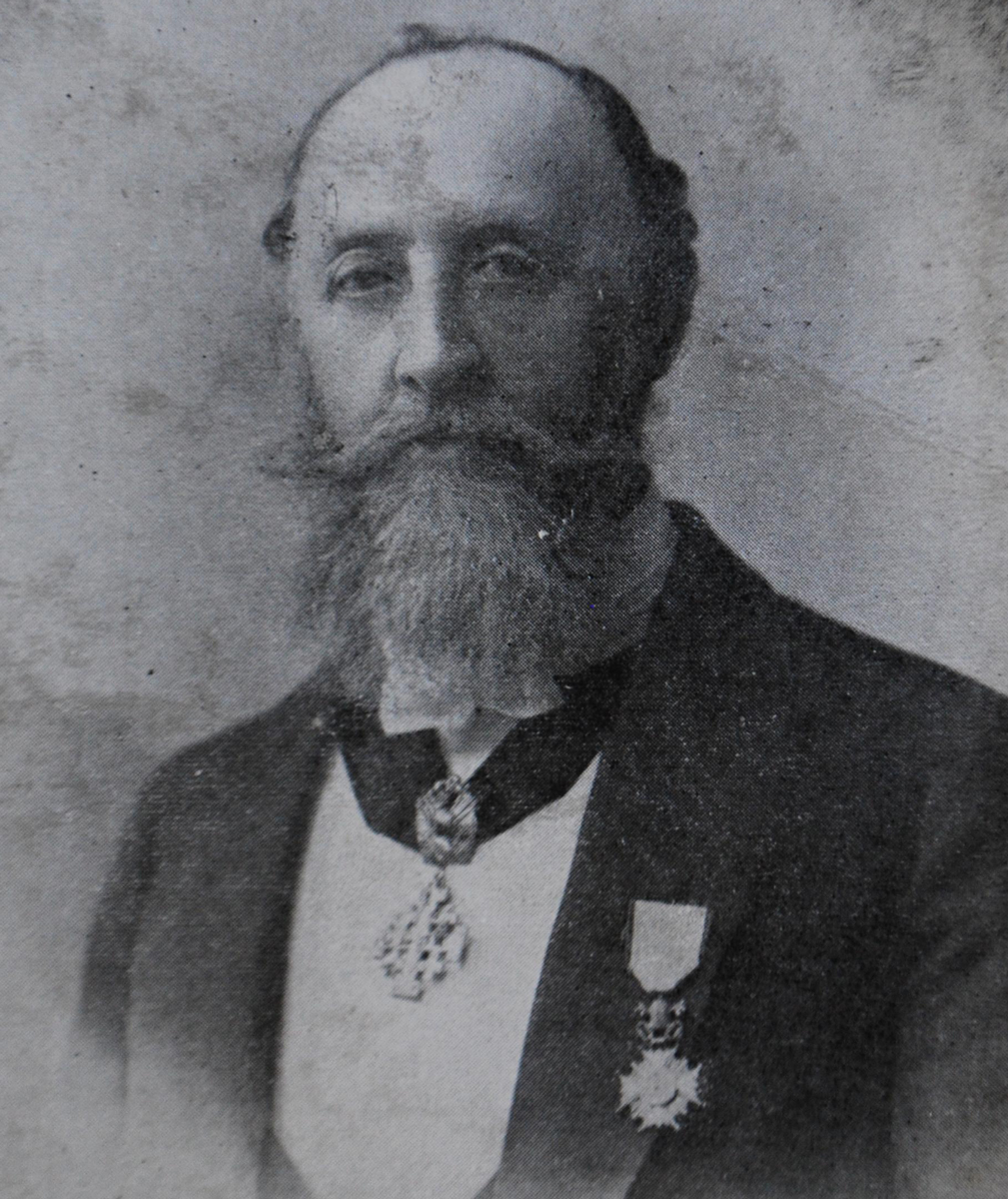Count Plunkett released from Birmingham Jail as trouble flares in Belfast
Dublin, 1 January 1919 - Count Plunkett MP returned to Ireland yesterday having been released unconditionally from Birmingham Jail, where he had been imprisoned for seven months.
Plunkett went straight to his home in Dublin on Upper Fitzwilliam Street and, though fatigued from the journey, appeared to be in good health.
During the period of his incarceration, Count Plunkett was refused release on a number of occasions, most notably when he applied to the Home Office on learning that his father was dying and, again, following the death of his father, when he applied to attend his funeral.
Plunkett explained to reporters the difficult conditions endured by the Irish prisoners in Birmingham Jail and noted how they had insisted that they be ‘detained as political prisoners’ so as not to have criminal conditions imposed upon them.
‘I can declare’, he stated, ‘that the spirit of the prisoners, so far from being broken, has grown more robust since their entrance to the jail.’ Count Plunkett said that he thinks all the other Irish prisoners in British jails who had been arrested over the so-called ‘German plot’ will be released very shortly.
Belfast Jail
In Belfast Jail, Sinn Féin inmates have barricaded
themselves in a wing in protest at the placing of a prisoner by
the name of Doran, who had been tried for political offences, in a
wing assigned to criminals.
Doran subsequently evaded his guards and took refuge in the Sinn Féin wing of the prison, where the inmates are refusing to give him up.
Austin Stack, also a prisoner in Belfast and a newly elected MP, has said that they will surrender Doran to the governor once they had obtained a guarantee that he would be treated as a political prisoner.
Soldiers have been called to the jail on Crumlin Road, where, even in advance of this episode, tensions have been rising.
In recent days, more than 20 Sinn Féin prisoners managed to climb on to the roof of the prison where, over the course of two hours, they waved republican flags and sang Sinn Féin and other songs to a large crowd that assembled on Crumlin Road.
Not all of those who assembled were supporters.
Among them were unionists who met their renditions of ‘A Soldier’s Song’ with ‘Rule Britannia’ and the waving of union jacks. The roof protest ended when, in spite of a police presence, members of the crowd on Crumlin Road, began throwing stones at the Sinn Féin protestors on the roof.
[Editor's note: This is an article from Century Ireland, a fortnightly online newspaper, written from the perspective of a journalist 100 years ago, based on news reports of the time.]





















